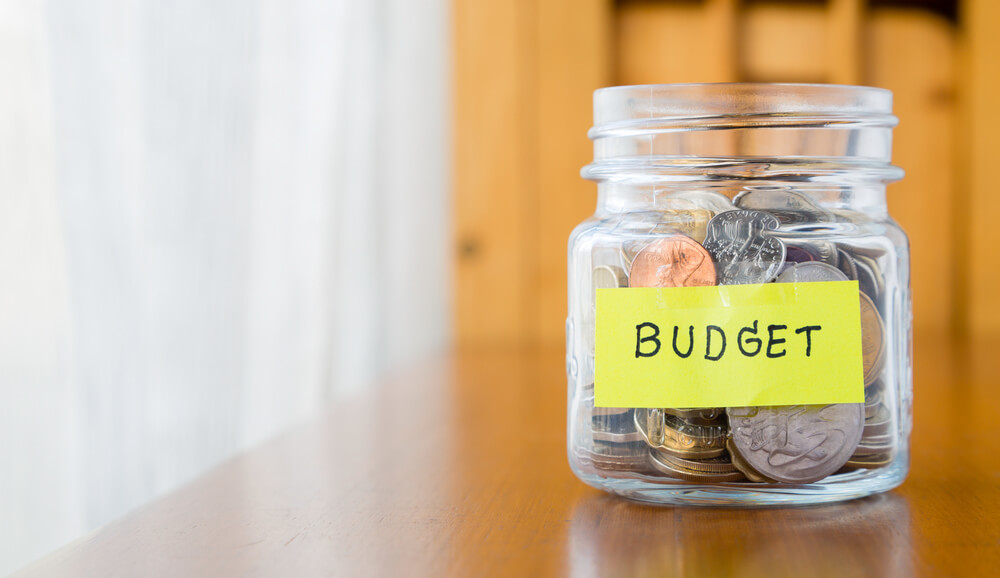
So you are the marketing director or the hotel manager and you have budgeted 50,000 $€£, whatever your currency is, in activities to market your hotel online: how do you spend it? How do you decide where to allocate this budget?
NB: This is an article from Direct Your Bookings
And I know we all love easy answers or easy solutions, but this is quite a complex and complicated topic. But simple as that, there are no easy solutions. And so, if that is what you’re after, please read no further. Instead, if you’re looking for some honest feedback and honest exchange, we’re going to see together some of the things and some of the principles, logic-based principles that I will always suggest anyone to be following in order to avoid wasting your money, your budget and in order to make the most out of your dimes.
Subscribe to our weekly newsletter and stay up to date
Logic driven because these videos, both videos, are not going to be any technical.
It’s literally logic over technicalities.
So, without further ado, let’s dig in.
An Important Premise
First and foremost, I mentioned before, there are no easy solutions and easy answers.
However, if you want to play the easy game, well, be sure to play the easiest game amongst all.
Meaning: go to Booking, go to Expedia, go to HotelBeds or any other bed banks… and go all in with them, being aware though, that in there you only play the price-war game.
To be crystal clear, there is nothing wrong with working with third party channels of course, I guess we all agree, we all need them.
But let’s be honest, the hotel distribution game is becoming a real jungle, a real mess, and it’s becoming more and more complex every single year.
And that’s why either you accept to play the game the right way, knowing that this game is not always easy, or you better give up giving all of your distribution and marketing to third party channels, but also accepting that they will be driving your results.
Which again, it’s fine, there is nothing against them. But do you really think that you can play this game by simply relying on those plug-and-play solutions like, for example,
a pricing comparison tool, or by just being, for example, on Google Hotel Ads with a pay-per-stay model?
Plug-and-play solutions do not exist, or better say… They do exist, but they simply don’t work.
On an OTA site, you’re just a number.
So, if you run and manage a 5-star property, your hotel will look exactly the same as a 2-star property.
OTAs are the exact opposite of branding, of uniqueness, of differentiation, and
thus price is not an important factor… it’s probably the ONLY factor that matters.
That said, let’s jump into the ten points I wanted to share with you today.
#1 Know Your Budget.
Typically, the approach is the other way around, in the sense the many hoteliers approach marketing, asking the marketing expert what the return is going to be if they invest XYZ.
But marketing is no magic, especially in these times.
Predicting what the future is going to be is very difficult.
And if someone promise you that, well, I will actually suggest you to stay
away. Budget first and strategy later.
Only after knowing and deciding what you can invest and how much you can invest, you can build up a proper strategy… based on that budget.
Which leads us to point number two.
#2 If you have a small budget, don’t split it too much.
In the second video of this mini series that I’m going to be releasing very soon in a few days, we’re going to be talking about the different types of marketing,
or marketing disciplines.
And so, if you have a small budget, it’s quite useless to narrow it down or to split that budget between SEO, SEM, PPC, Metasearch engines, and so on and so forth, because every single marketing activity or discipline needs some sort
of consistent initial budget.
And thus, instead of spreading horizontally your budget, go vertical
into one or two different disciplines and no more.
#3 Advertising doesn’t add value where there is none.
This is probably one of my favorite.
Before we mentioned Google Hotel Ads, but it can be any Metasearch engine activity, it can be Google Ads, it can be Facebook ads, it can be Bing ads, whatever.
Advertising is an amplifier of what already works organically.
And thus, what doesn’t work organically is not going to be working on a paid level.
When there is no intrinsic value in what you offer, advertising is just another way of exposing yourself.
Speaking of which, I’ve talked about the difference between marketing and exposure in another video, in which I explained how exposure is just a tiny little part of marketing.
And once again, this leads us to the next point.




